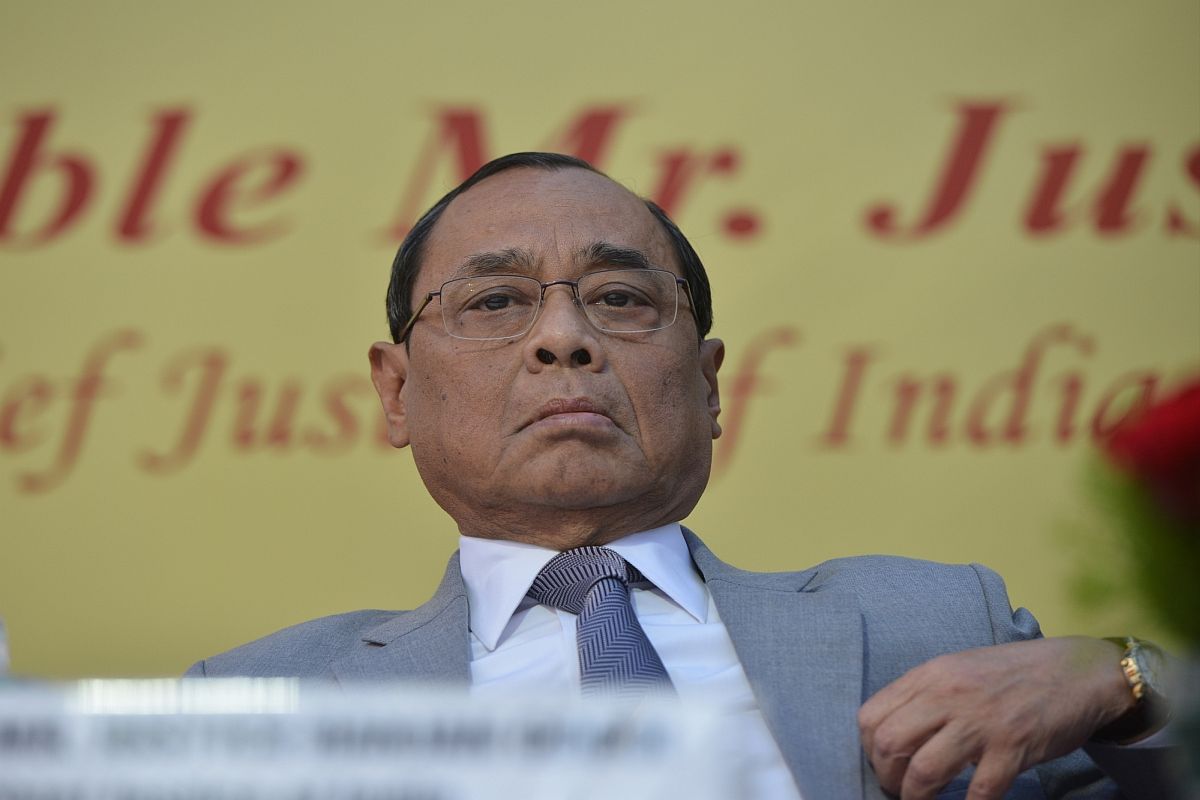The government’s move to nominate former Chief Justice of India Ranjan Gogoi to the Rajya Sabha, four months after he retired, has dealt a body blow to judicial independence in the country. The NDA government appointed another former CJI, P Sathasivam, as Governor of Kerala in 2014, a few months after he demitted office.
BJP spokespersons have been quick to defend the move with their predictable whataboutry ~ Ranganath Mishra, another former chief justice, was also a Rajya Sabha member. The Congress was wrong to have sent Mishra (and earlier Baharul Islam) to Parliament; the BJP is now wrong to have done so with Gogoi.
Advertisement
The appointment has raised eyebrows in judicial and political circles because he presided over Supreme Court benches that gave favourable rulings to the establishment, including the landmark Ayodhya verdict, the Rafale judgment exonerating the government of all wrongdoing and going slow on habeas corpus petitions related to Kashmir after the abrogation of Article 370.
Gogoi also headed the bench that ordered the implementation of the contentious National Register of Citizens for Assam, a pet project of the BJP, though the move backfired because the demographic outcome was not quite what the party expected with a large number of Hindus left out of the NRC in Assam.
Gogoi was acquitted of charges of sexual harassment levelled by a court employee, an issue which was dealt with summarily by an in-house committee, giving the go-by to the Visakha guidelines made mandatory by the top court. Ironically, the former CJI himself had said in 2018 that post-retirement jobs are a scar on judicial independence.
After his nomination to the Rajya Sabha, Gogoi, however, said the legislative and the judiciary must at some point of time work together for nation-building and that his presence in Parliament will be an opportunity to project the views of the judiciary before the legislature, a specious argument if ever there was one.
Post-retirement jobs are often seen as a reward from the political establishment and send out a message to serving judges that they should help the executive in exchange for cushy postings after they demit office. In 2012, veteran BJP leader, the late Arun Jaitley, an eminent lawyer himself, had advocated a lengthy cooling-off period before judges get any rewards.
It is a pity that his party’s government is paying so little heed to his advice. The founding fathers of the Constitution had advocated separation and independence of the three wings of government ~ executive, legislature and judiciary. Any move to tamper with this principle will sound the death knell of democracy.
Forty-four years after the infamous ADM Jabalpur case, when the Supreme Court abdicated its responsibility towards the citizens of India by curtailing their rights, the fear of a repeat scenario is palpable.
The outrage from political parties and eminent jurists over the nomination of Gogoi is justified because the judiciary is seen as the last bastion of a helpless citizen. It would be the wisest course of action if the former judge himself turns down the nomination to the Upper House.











